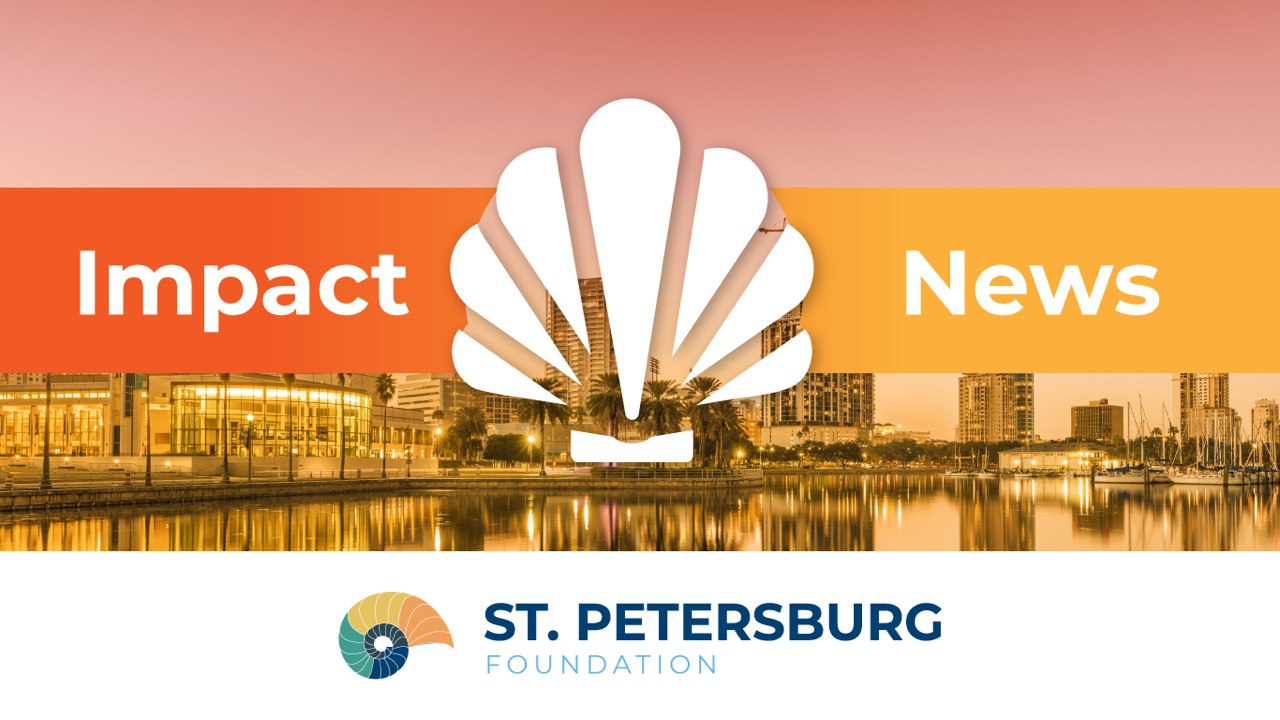A local organization’s quest to revitalize a once-beloved St. Petersburg institution has received rare cross-aisle support in Tallahassee.
The St. Pete Science Center’s redevelopment project is set to receive $2.5 million in state appropriations this year. The St. Petersburg Group is leading an initiative to restore the now dilapidated facility at 7701 22nd Ave. North to its former glory.
State Sen. Darryl Rouson (D-St. Petersburg) and Rep. Berny Jacques (R-Seminole) are working together to secure critical construction funding. Joe Hamilton, co-founder of the St. Petersburg Group (SPG), hopes to break ground in late summer.
“This project has been, and will continue to be, a tremendous amount of work,” said Hamilton. “But our coalition is dedicated and relentless. We’ll be releasing more details in the coming weeks.”
SPG is a civic-focused consultancy group. The St. Petersburg Foundation, Cityverse and the St. Pete Catalyst – Hamilton serves as publisher – operate under SPG’s umbrella.
Hamilton said the Science Center is clearing the final few hurdles to receive additional U.S. Housing and Urban Development (HUD) funding. He said the 3.9-acre site will become a beacon for STEAM (science, technology, engineering, art and math) learning “and so much more.”

A map of the area surrounding the Science Center site, denoted by the red pin. Image: Google.
Rouson’s affinity for the Science Center began as a child. He and his siblings would frequent the facility, and Rouson’s youngest brother went on to earn his doctorate in mechanical engineering and author a software design textbook.
“He credits the spark of inspiration that he received at the Science Center for starting his trajectory,” Rouson told the Catalyst. “I remember generations of children going through there, and probably an untold number being influenced, inspired and motivated to increase their math, science, engineering and technical skills.”
A vastly upgraded and expanded Science Center will provide new hands-on, discovery-based programming to foster inquisitive minds. It will welcome children, adults and families to explore life sciences and the latest innovative technologies.
The former Science Center of Pinellas County debuted in 1959 at 1030 Arlington Avenue in downtown St. Petersburg. Local officials built a new facility on the city’s west side, near Tyrone Square Mall, in 1966.
The facility began to fall into disrepair before it shuttered in 2014. A lack of funding proved fatal, and the City of St. Petersburg acquired the property in 2019.
The Science Center’s fate remained in flux until a groundswell of community support to save the facility emerged in 2020. Former city councilman and mayoral candidate Robert Blackmon, U.S. Rep Charlie Christ and State Rep Linda Chaney (R-St. Pete Beach) were early proponents.
Receiving bipartisan support for any initiative is increasingly rare in today’s political climate. However, Rouson has a long track record of cross-aisle collaboration.
Hamilton noted Rouson’s success in bringing myriad funding requests back to St. Petersburg. Rouson said he, Sen. Ed Hooper (R-Palm Harbor) and Nick DiCeglie (R-St. Petersburg) articulated the benefits of reopening the Science Center to their legislative colleagues.
“We’ve got strong advocates who can relay the importance and essence of using every tool to inspire a new generation of kids,” Rouson added. “As we become more technological as a society and as a world, new jobs are opening up. This will be another feeder into that pipeline.”

A reimagined Science Center will incorporate innovative technologies into its programming. Photo: St. Petersburg Foundation.
He also credited the surrounding community and local organizations for embracing the project. Pathfinder Outdoor Education and Water Warrior Alliance have been involved in shaping the facility.
In addition, the St. Petersburg Foundation will assemble a “well-rounded” group of philanthropists, business owners, educators, community leaders and local officials to implement a strategic plan and “bring a next-generation Science Center to life.” The nonprofit successfully used that collective impact model to increase the nearby Lealman Exchange’s community benefits.
Hamilton noted that the vision for the new Science Center has expanded to include economic development, startup incubation and thought leadership. “We’re going to infuse innovation into the full journey – from early childhood all the way to high functioning organizations – we’ll have a way to be of service so that our community can fully capitalize on the opportunity STEAM provides,” he added.
Jacques also believes that STEAM careers will dominate the future job market. He said economic development stakeholders must facilitate related training and education to prepare residents for those opportunities.
Jacques credited the project’s bipartisan support to lawmakers realizing exposure to those fields will benefit constituents, the area, state and “our country, as whole. The way I see it, it’s an investment in the future,” he said.
“That Science Center may be the catalyst to spark an initial interest,” Jacques added. “And so, you have a situation where they’re able to work in these various fields and be able to provide for themselves, their families and allow our communities to thrive.”



